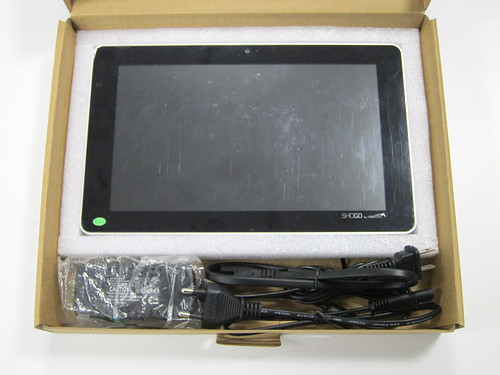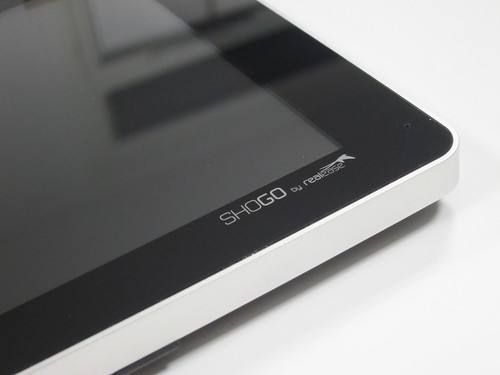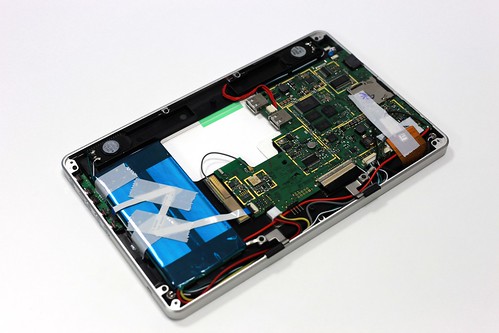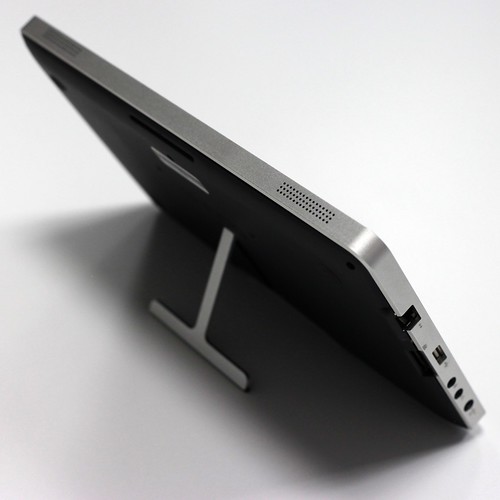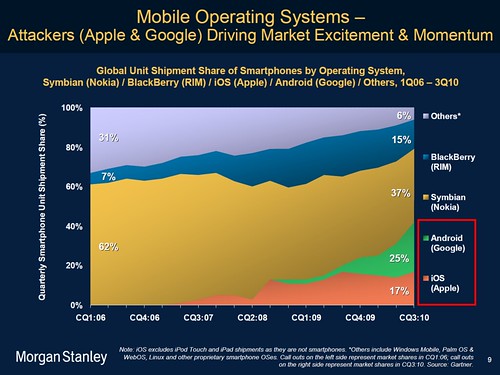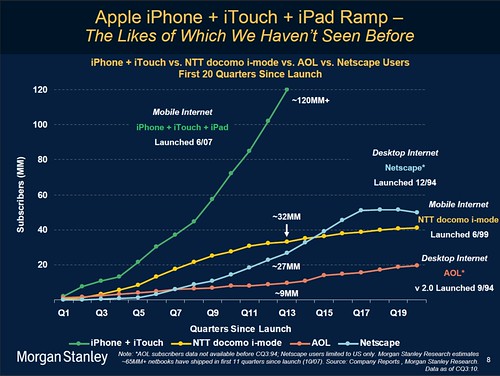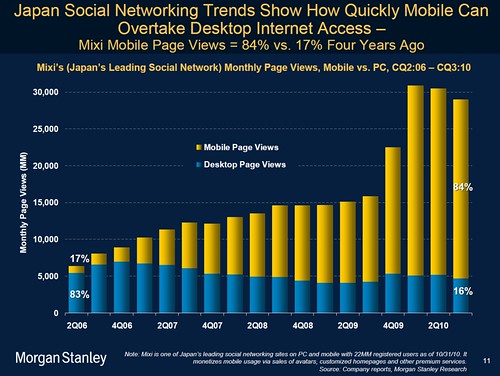I've been loaned a Shogo Tablet recently, and I wanted to share my first impressions this device which is very different from other tablets of roughly the same size. Not trying to compete with the iPad nor the Android tablets, the Shogo is actually a platform for companies and developers who want to build applications that are a combination of custom software running on the stock Shogo or custom hardware derived from the Shogo.
While its sleek aluminum industrial design makes it look like high end competitors, but what makes the Shogo stand out is its complete openness:
- Ability to install the software you want based on GNU/Linux in order to run Qt, C++ and HTML applications (See the developer documentation and forums)
- Extensive connectivity (photo) including:
- Ethernet 10/100
- Wifi b/g
- Bluetooth 2.0
- 1 external USB port (see below for more)
- 1 SDHC card slot
- Audio in and out ports
- Power
The hardware specifications are as follow:
- ARM processor FreeScale iMX-37
- 256MB DDR RAM
- 4GB NAND Flash
- 1024*600 multi-touch capacitive screen
- 2 Megapixels camera
- 2 microphones
- motion sensor
- accelerometer
- 5 keys (On-Off, Volume up, volume down, home, menu) on the right-hand side of the case
The case is really easy to open, with just a few screws to deal with. Inside, we'll find 2 available USB ports with room in the case to plug additional hardware internally such as additional flash storage or USB sticks
I think I'm going to publish a couple more articles on the Shogo, because it's so different - by its open nature in terms of both software and hardware - from the other products on the market. In short, the ability to connect things, open the case, add applications without centralized control by a third party is quite refreshing in a world dominated by Apple and Android[1].
Notes
[1] I understand that Android is Open Source, but it's tightly controlled by Google and the hardware is much harder to customize, considering the volume that vendors are looking for.

